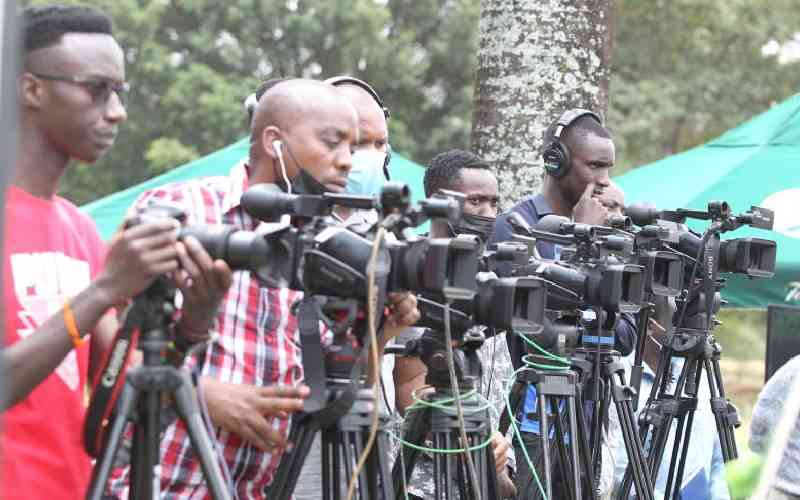×
The Standard e-Paper
Stay Informed, Even Offline

In a chilling revelation, a senior police officer based in Kisumu has laid bare the covert tactics employed by Kenyan authorities to silence journalists and activists.